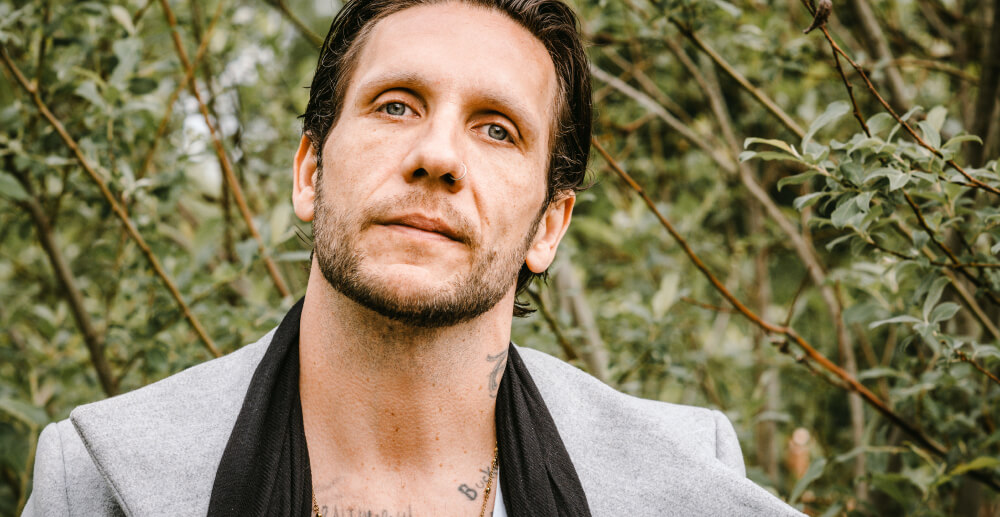An open and honest attitude about mental health can help everyone in your family cope with depression and anxiety.
For as long as I can remember, even to this day, I have struggled with some form of depression or anxiety.
From a very young age, I worried about things happening at school, at grocery stores, at playgrounds — anywhere I was. I would see things on the news and become convinced they were going to happen in the places I frequented. As an elementary schooler, this wasn’t something I saw my classmates concerned with. But for me it was all-consuming. I knew I worried more than my classmates did, knew that I let the weight of the world affect me more for some reason. But I didn’t know why.
I was lucky, though. I had parents who saw the signs of an anxiety disorder (and later depression) and took the appropriate steps to get me the help and reassurance that I needed. As a child, I saw a psychologist and eventually began taking anti-anxiety medications, which I am on to this day.
It sounds odd to admit, but there are a number of reasons that I am glad depression and anxiety are somewhat common in my family.
1. My parents were able to get me the help I needed.
My parents knew what was happening to me because it had happened to them as well. Anxiety and depression have deep roots in my family, even beyond my parents. While there are times I wish this wasn’t the case, I can also recognize that in a way it means I am fortunate. My parents learned from their own experiences and made sure that their own children were well taken care of when it came to mental health. They never treated mental health struggles as something that needed to be covered up or that we should be ashamed of. I credit them greatly for the amount of openness I have today when it comes to sharing my story.
2. It taught me that struggles are temporary.
In the midst of anxiety and depression, the overwhelming feelings can feel permanent and all-consuming. But when I was in the throes of those feelings, I had my parents to remind me that they were temporary, and that things always improved with time. They talked to me about their own experiences, but also reminded me that I had been in these same spots before, feeling these same things, and I had managed to come out the other side. This is something that I continue to remind myself of when in dark spots. I tell myself that I have been here before, and that I have always managed to return to a place of peace and happiness. It just takes patience and understanding of how anxiety and depression function.
3. It has allowed me to help others through my own experiences.
Because my parents have been so open about mental health and have taught me that asking for help is OK, I have been able to feel comfortable sharing my experiences with depression, anxiety and alcohol use disorder. Had my parents acted as if any of those were something to be ashamed of, I’m not sure I could have spoken out about my own struggles. Their acceptance and willingness to help me gave me the desire to help others in the same way. That is why I often write about my struggles and how I’ve overcome them — I want to be able to give someone else the same type of hope that my family gave me at my lowest points.
4. It’s given me the resources I need to help my own children.
If the day comes when I recognize the signs of depression and anxiety in my own children, I know that I am well-equipped to handle it and take the necessary steps to make sure that they have the care they need. Without my parents leading as an example in this area, I’m not sure I would have such confidence in my ability to help my own child. My parents led by example and I plan to follow in their footsteps. It’s so important to me that my own children feel comfortable asking for help before it is too late, and that they have the same support and acceptance that my family offered me and continues to offer.
If anxiety and depression run in your family and you feel comfortable talking to family members about it, I highly recommend seeking support in one another. If you don’t feel comfortable talking to a family member, seek out resources in other places. Despite what depression and anxiety may try to tell you, you are not the only one struggling and you are far from alone in your feelings. There is no shame in asking for help, there is only hope.




